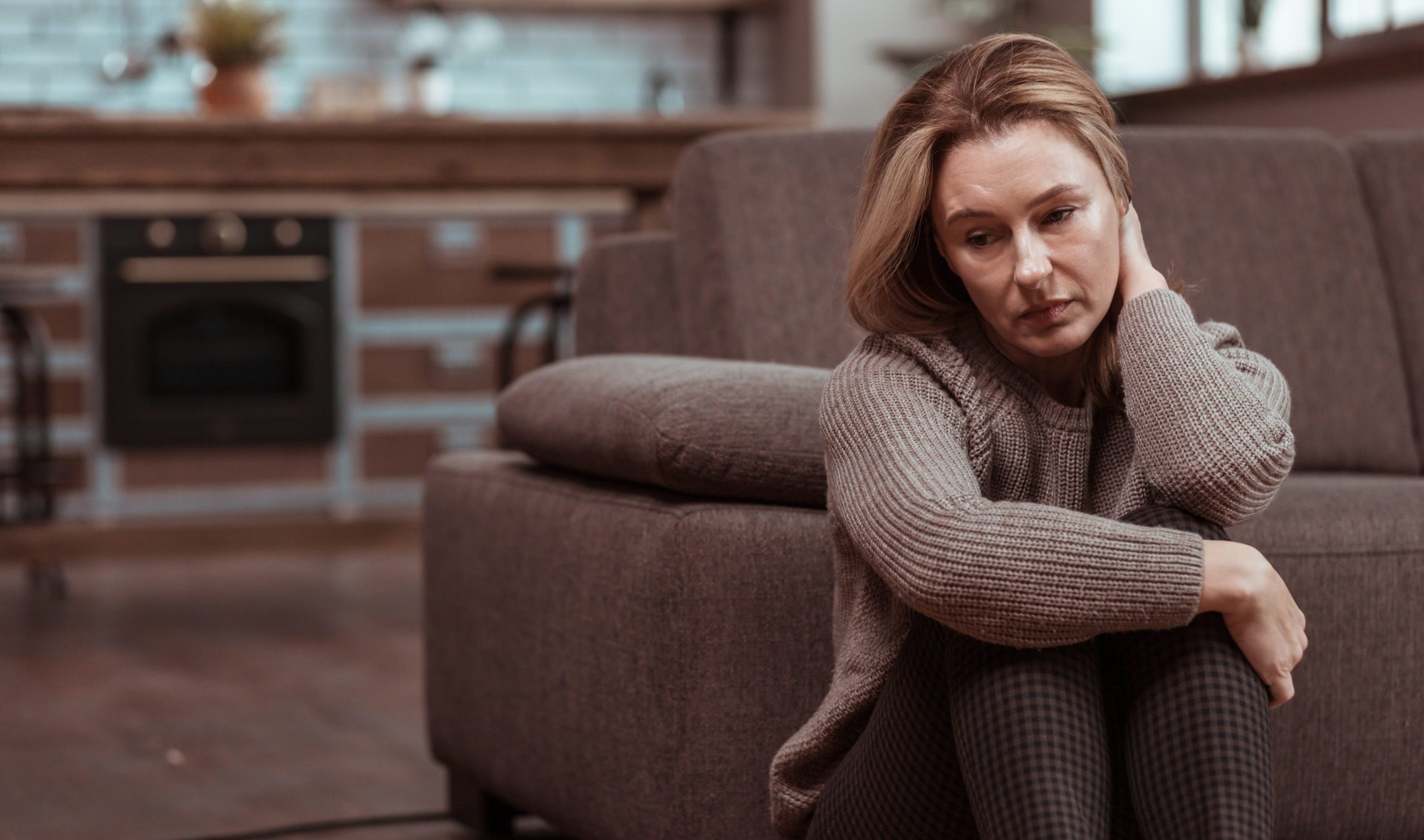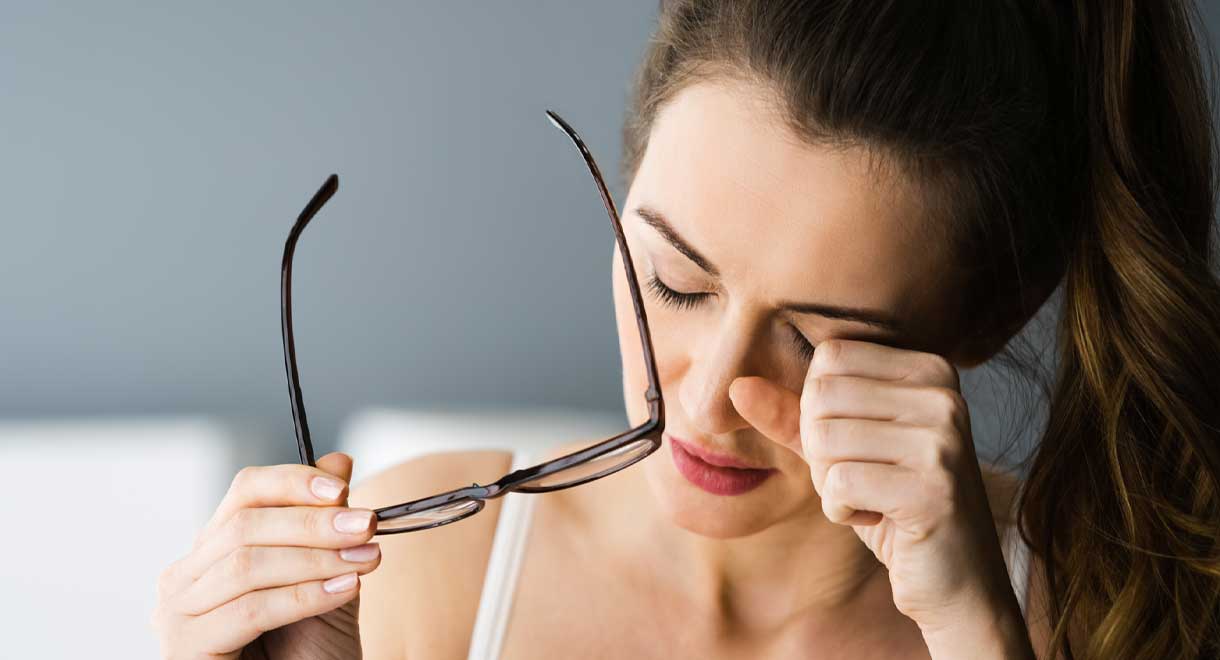Is your thyroid gland affecting your skin?
By naturopath Margaret Jasinska
If you are unhappy with the appearance of your skin, you may not have considered the influence of your thyroid gland. Correcting a thyroid problem can bring a big improvement in your skin’s health and appearance.
Your thyroid gland produces hormones that regulate your metabolism. That means it determines how efficiently your body burns calories. Therefore a healthy thyroid gland helps you maintain an ideal weight and a normal body temperature. Thyroid hormones enable the cells of your body to produce energy and they also help to influence your mood, emotional state and how sharp your memory and attention are.
If your thyroid gland is under active, this usually causes your skin to become dry. Fine lines and wrinkles appear earlier and are more noticeable. You may suffer with cracked heels and dry hands that no amount of moisturiser can remedy. Unfortunately an untreated under active thyroid gland will age you more rapidly. Another common symptom is brittle nails that break easily, and dry, brittle hair that is prone to splitting. A lot of women lose excessive amounts of scalp hair, which can be very distressing.
Some women also experience dry eyes. Sometimes the eyebrows become thinner or you may lose the outer third of your eyebrows. This isn’t always an indicator of a thyroid problem though. It is also just a common symptom of getting older. For most women, body hair becomes more sparse as they age.
Having an under active thyroid usually causes fluid retention and puffiness. Therefore common symptoms are bags under the eyes, and a bloated abdomen. You may experience swelling in your fingers, legs and ankles. Your calves may feel excessively tight and your feet can ache from standing all day. These symptoms are usually significantly worse in summer.
If you experience several of these symptoms, please visit your doctor and ask for a thyroid blood test. Hypothyroidism (under active thyroid) is extremely common and often remains undiagnosed for many years. It causes fatigue, but many people attribute that to a busy lifestyle or insufficient sleep. This means a thyroid problem can go undetected for a long time.


Why are thyroid problems so common now?
One explanation is vitamin and mineral deficiencies. Your thyroid gland needs an adequate amount of iodine because thyroid hormones are actually built from iodine (as well as the amino acid tyrosine). Iodine deficiency is extremely common because most people do not eat enough seafood or seaweed, which are the richest sources of iodine. Also, a lot of the seafood we have is farmed, and not fed its natural diet. Therefore it isn’t actually a good source of iodine. There is a urine test any GP can order to check your iodine status. You may be surprised to discover you are deficient.
Your thyroid gland also needs zinc, as it helps the binding of thyroid hormone to receptor sites, thus allowing thyroid hormones to function in your body. You need selenium in order to convert thyroid hormone into its active form (called T3). Selenium is very beneficial for people who are taking thyroid hormone medication because it allows the body to utilize the medication more effectively. Selenium is found in seafood, red meat and Brazil nuts, but levels depend on the area the food is sourced. Many parts of the world have selenium deficient soils.
The other explanation for the escalation of thyroid conditions is autoimmune disease. Far and away, the biggest cause of hypothyroidism is Hashimoto’s thyroiditis. It occurs when the immune system attacks the thyroid gland with antibodies and inflammatory chemicals. Over time this reduces the ability of the thyroid to manufacture hormones.
Therefore the treatment of thyroid conditions involves correcting nutrient deficiencies and helping the immune system. You may also need to take prescription thyroid hormone replacement. Fortunately there are a range of options available now, and porcine thyroid hormone can make you feel significantly better if regular thyroxine isn’t addressing your thyroid symptoms.
Collagen is the building block of your skin. Inadequate collagen production can impair the look and health of your skin. Many people don’t consume enough protein in their diet and lack the nutrients that are required for collagen assembly in the body. That won’t be noticeable in your 20s, but as you get older, and if you have an inflammatory health condition, poor skin quality can become visible. Collagen Food powder contains the nutrients your body requires for building healthy collagen.
For more information see our books Your Thyroid Problems Solved or Healing Autoimmune Disease: A Plan to Help your Immune System and reduce Inflammation.









Leave A Comment